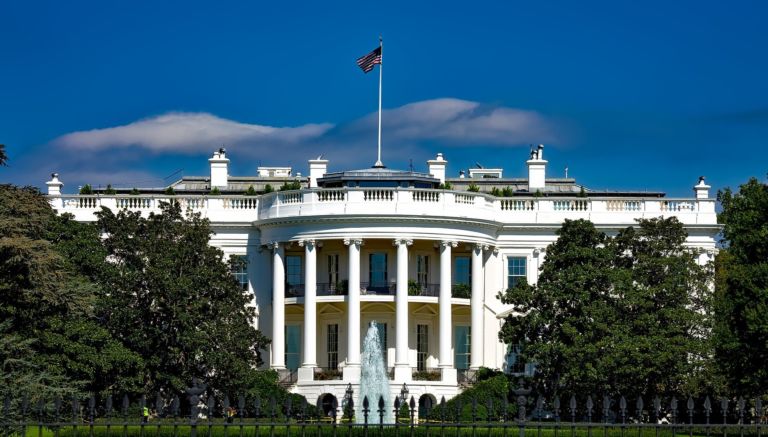Presidential historian Tevi Troy highlights problems with HBO’s latest attempt to tackle Americna political history.
We are all familiar with the normal disclaimer telling people that this was based on actual events, but names were changed to protect the innocent. This one helpfully explains that no names were changed, as everyone was found guilty.
The theme of White House Plumbers is that dangerous right-wing bumblers, enabled by Richard Nixon and his top aides, were a threat to American democracy. The plumbers did indeed blunder multiple times, and not just at the infamous Watergate break in.
But White House Plumbers is determined to make its protagonists, G. Gordon Liddy (played by Justin Theroux) and Howard Hunt (Woody Harrelson) as buffoonish as possible. This is not to defend Liddy or Hunt, both of whom were bad actors in an unfortunate drama. Yet White House Plumbers portrays them as two-dimensional caricatures rather than complex people who made a series of very wrong choices with catastrophic results for our nation. …
… Hunt’s right-wing ravings are actually the show’s attempt at character development. When Hunt hears the Bay of Pigs mentioned, he is quick to say it was the fault of John F. Kennedy, not the CIA. He grumbles about “Goddamn Jane Fonda” and, when told on a trip to Los Angeles that he is near Warren Beatty and Paul Newman’s houses, he barks out, “Communists.”
Remarkably, Hunt is the more nuanced character when compared to Liddy. Liddy was indeed a blowhard, but he was also a former prosecutor and political appointee at Treasury before coming to the Nixon White House. We are introduced to him teaching a woman in his office how to disable a potential rapist with a pencil. …
… The amazing thing about the whole Watergate story is how much we know about it. Watergate is one of the most researched and examined episodes in American history. We know enough to provide grist for a show like this one, even as the burglary was a failed operation launched by people trying to limit what the outside world knew. This was the essential irony of Watergate.


